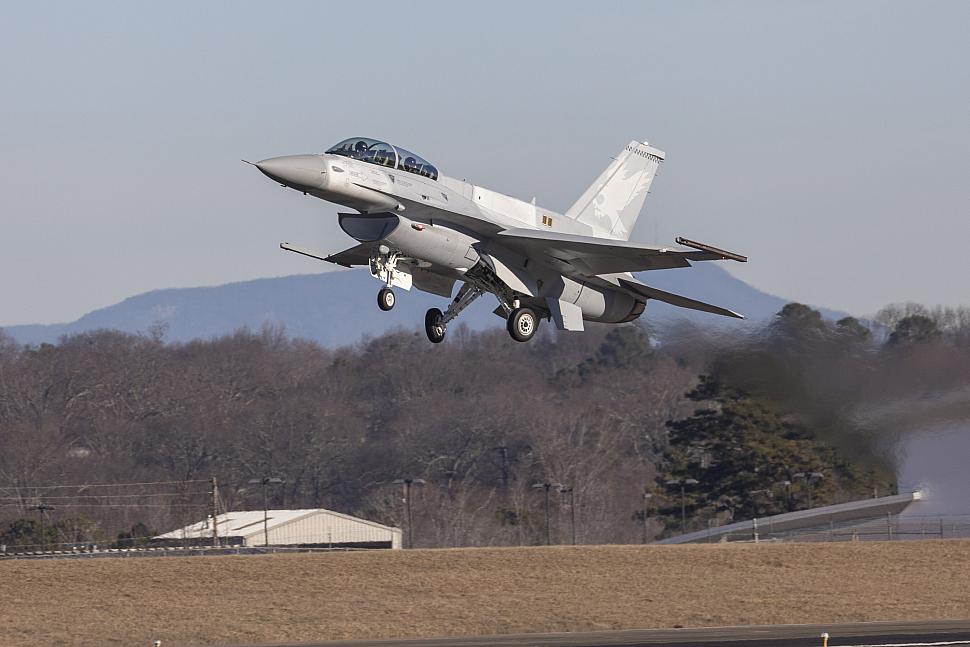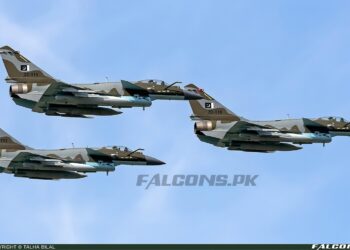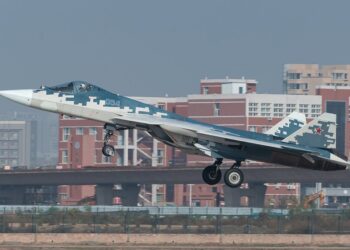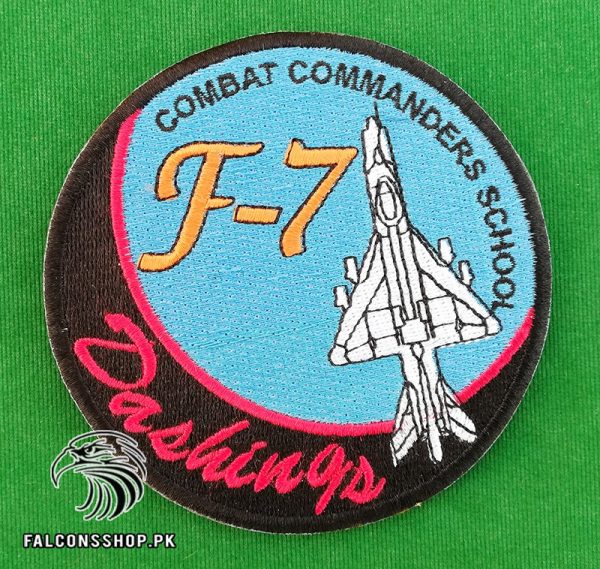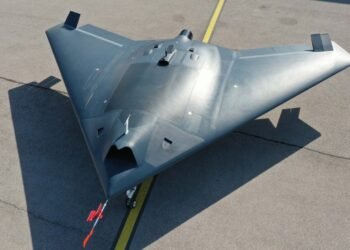By Lieven Dewitte
The long-awaited maiden flight of the first F-16 Block 70 took place on January 24th. The flight lasted for about 50 minutes and included airworthiness checks, such as engine, flight control, and fuel system checks, as well as basic aircraft handling.
The inaugural flight departed from the Lockheed Martin’s Greenville, South Carolina site and Lockheed Martin test pilots Dwayne “Pro” Opella and Monessa “Siren” Balzhiser where at the controls of F-16 #18-0011.
The F-16 Block 70 represents the latest standard of the F-16 that made its inaugural flight in 1974. It has a storied history, having been in service with the air forces of 26 countries and having seen combat in a variety of theaters around the world. The latest iteration, the F-16 Block 70/72, is poised to build upon this legacy and continue the aircraft’s reputation as a reliable, versatile, and highly capable fighter jet.
The F-16 Block 70/72 features are the most advanced production F-16s featuring significant upgrades over previous models, including improved avionics, weapons systems, and structural enhancements that extend the aircraft’s lifespan and improve its performance.
The F-16V (V for Viper) gets the APG-83 AESA (Active Electronically Scanned Array) radar, a new Center Pedestal Display (CPD), the AN/APX-126 Advanced IFF (Identification Friend or Foe), Link 16 datalink, full NVIS (Night Vision Imaging System) and JHCMS II (Joint Helmet-Mounted Cueing System II) compatibility, a new Embedded GPS/INS (EGI), a modern commercial off-the-shelf (COTS)-based avionics subsystem, a high-volume, high-speed data bus and the Automatic Ground Collision Avoidance System (Auto GCAS).
Overall, six countries have selected Block 70/72 aircraft: Bahrain, Slovakia, Bulgaria, Taiwan, Morocco, and Jordan.
In addition to the current official order backlog for 128 aircraft, Jordan last year signed a Letter of Offer and Acceptance (LoA) for eight jets and last week signed an additional LOA for four more jets. Bulgaria has also signed an LOA for an additional eight jets for its fleet. Once these are finalized, the backlog will increase to 148.
This maiden flight of the F-16 Block 70, built from scratch at the Lockheed facilities at Greenville, is one of the 16 jets that will be delivered to Bahrain.
While this was the first flight of a brand new Block 70, at least two fully upgraded F-16V Block 72s were delivered to the Hellenic Air Force beginning in September 2022. Those aircraft are the first of 83 being upgraded from the block 52+ to the latest standard, with work being done locally by the Hellenic Aerospace Industries (HAI) at Tanagra, supported by Lockheed Martin.

